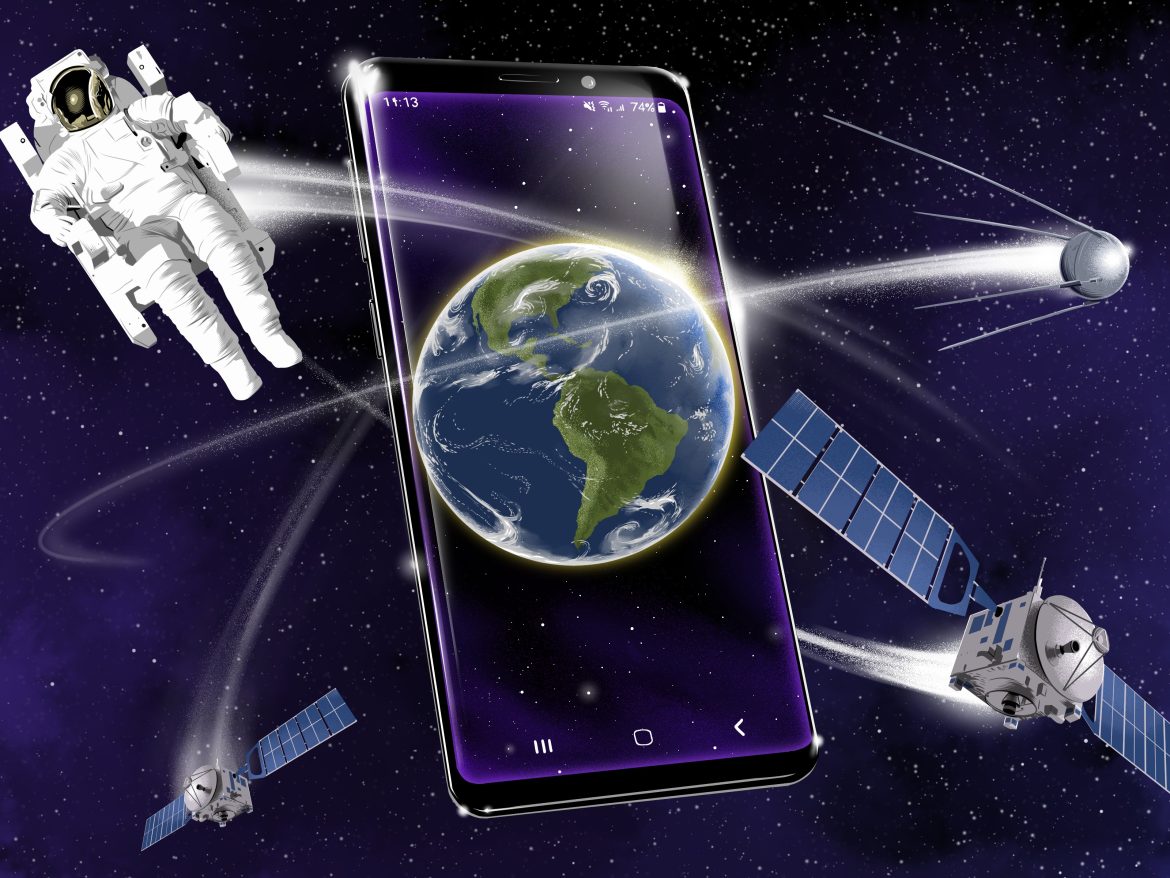Space exploration has long captivated the imagination of humanity, driving technological innovation and expanding our understanding of the universe. In recent years, significant advancements in space technology have transformed our capabilities, enabling breakthroughs in satellite communications, interplanetary travel, and space science. In this article, we delve into the latest developments in space exploration technologies, highlighting their impact on space missions and future prospects for exploration beyond Earth’s orbit.
Evolution of Rockets
Rockets serve as the primary means of launching payloads into space, ranging from satellites and space probes to crewed spacecraft and space stations. Over the years, significant advancements in rocket technology have revolutionized space exploration, enabling larger payloads, more efficient propulsion systems, and reusable launch vehicles.
One notable innovation is the development of reusable rocket stages, such as SpaceX’s Falcon 9 and Falcon Heavy boosters. By landing and refurbishing rocket stages after launch, these vehicles significantly reduce the cost of space access and enable more frequent and affordable launches. Additionally, advancements in propulsion systems, including electric propulsion and methane engines, offer increased efficiency and versatility for future space missions.
Miniaturization of Satellites
Satellites play a crucial role in space exploration, facilitating communications, Earth observation, navigation, and scientific research. In recent years, there has been a trend towards miniaturization and standardization of satellites, driven by advancements in electronics, materials science, and launch capabilities.
Small satellites, including CubeSats and microsatellites, offer a cost-effective and scalable approach to space missions, enabling rapid deployment and constellation-based services. These satellites are utilized for a wide range of applications, including telecommunications, remote sensing, climate monitoring, and scientific experiments. Moreover, advancements in small satellite propulsion, power generation, and autonomy are expanding the capabilities and versatility of these platforms for future space exploration endeavors.
Interplanetary Exploration
Interplanetary exploration represents the next frontier in space exploration, with ambitious missions targeting destinations such as Mars, the Moon, and beyond. Advancements in propulsion, navigation, and life support systems are enabling longer-duration missions and human exploration of other celestial bodies.
One of the most significant developments in interplanetary exploration is the emergence of commercial space companies, such as SpaceX, Blue Origin, and NASA’s Artemis program. These entities are developing new spacecraft, including crewed capsules and lunar landers, to transport astronauts to the Moon and establish sustainable habitats for long-term exploration. Additionally, robotic missions to Mars, such as NASA’s Perseverance rover and the upcoming Mars Sample Return mission, are poised to unlock new insights into the Red Planet’s geology, climate, and potential for life.
Future Prospects
Looking ahead, the future of space exploration is filled with exciting possibilities and challenges. Advancements in space technology, including next-generation propulsion systems, advanced robotics, and in-situ resource utilization, will enable more ambitious missions to explore the outer planets, asteroids, and other celestial bodies.
Moreover, international collaborations and public-private partnerships are fostering innovation and cooperation in space exploration, leveraging the expertise and resources of multiple nations and organizations. Commercial ventures, such as space tourism and asteroid mining, are also emerging as potential avenues for commercializing space activities and expanding humanity’s presence beyond Earth.
Conclusion
Space exploration technologies continue to push the boundaries of human achievement, enabling unprecedented access to the cosmos and expanding our understanding of the universe. From the evolution of rockets and the miniaturization of satellites to interplanetary exploration and future prospects for space travel, advancements in space technology are shaping the future of humanity’s journey into the final frontier. As we continue to explore and innovate, the possibilities for discovery and exploration beyond Earth’s orbit are limited only by our imagination and determination.

